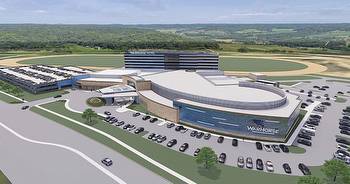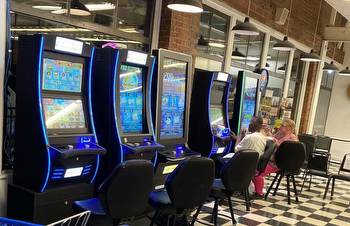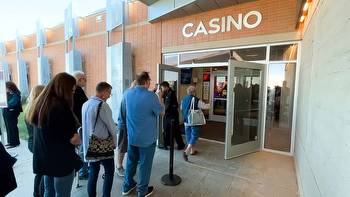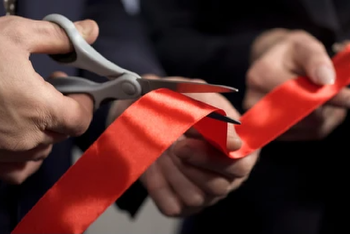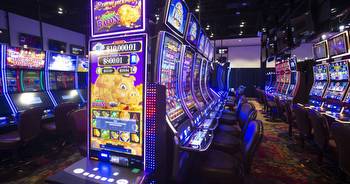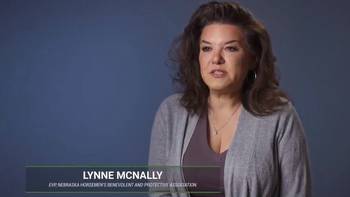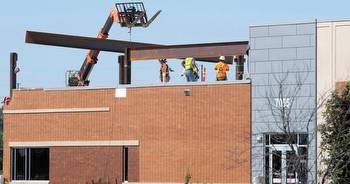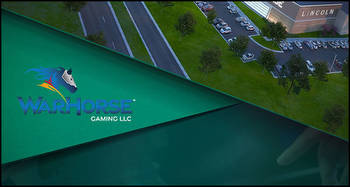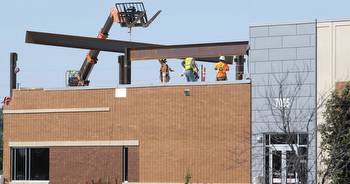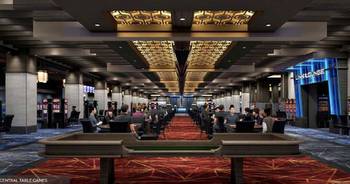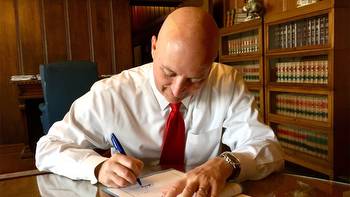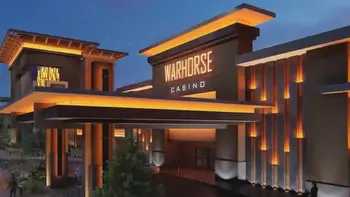Nebraska's first casino expected to open Saturday, pending likely OK of license
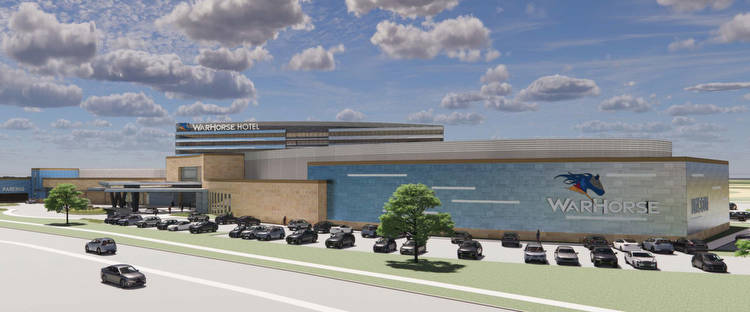
LINCOLN — Nebraska’s first casino is expected to open Saturday morning in the Capital City, pending approval by the state gaming commission.
A temporary casino, located at the Lincoln Race Course Thoroughbred track, is scheduled to open at 10:30 a.m. Saturday, with more than 400 slot machines ready to go.
“We have every expectation that we’ll get a license,” said Lance Morgan, president and CEO of Ho-Chunk Inc., the economic wing of the Winnebago Tribe of Nebraska and operator of WarHorse.
In preparation for the opening, problem gamblers are being urged to file a “voluntary self-exclusion form” to bar their admission to the casino and the temptation to gamble.
“The power of this addiction is as intense as any addiction out there,” said Mike Sciandra, a Lincoln-based gambling counselor who is himself a recovering gambling addict.
The Nebraska Racing and Gaming Commission will meet Friday afternoon to consider final approval of the casino license of WarHorse Gaming Lincoln.
WarHorse has converted a simulcast/sports bar facility to accommodate 433 slot machines while a $200 million casino and hotel complex is built around it, just off U.S. 77 in southwest Lincoln.
Construction will also begin soon on a second casino, at Omaha’s Horseman’s Park, but a temporary casino won’t be ready for occupancy until April or May, said Lynne McNally, CEO of the Nebraska Horsemen’s Benevolent and Protective Association.
Horsemen’s Park is a 28-year-old facility, McNally said, and must be almost torn down to accommodate construction around it. The temporary Omaha casino will be located in the infield of the racetrack, she said.
A third WarHorse casino project, at the former Atokad Park racetrack in South Sioux City, is “on the back burner,” according to Morgan, and will be pursued when the permanent casinos are completed in Lincoln and Omaha, which is expected in late 2024.
“We’re spending every penny and effort we have to develop these two,” Morgan said.
The permanent casinos will include table games, such as blackjack, as well as slot machines, officials said.
McNally projected that the Lincoln facility will generate about $5 million a year in property tax relief for the City of Lincoln and Lancaster County. It’s been estimated that casino gambling, when fully implemented, could add $100 million statewide to a property tax relief program run by the state.
Also on Saturday, the Lincoln Race Course will be officially renamed “Legacy Downs,” which McNally said is in honor of the long-running Thoroughbred horse racing industry in the state.
Nebraska voters approved pari-mutual betting on horses back in 1934, and for decades, Nebraska was the only state that offered such gambling between Chicago and California.
McNally and Sciandra urged Nebraskans who are problem gamblers to register with the self-exclusion program, which is being operated through the state gaming commission.
Sciandra said several states, including Iowa, operate such registries, which allows a casino to bar entrance to someone who has a gambling problem. He said those who somehow get insideof a casino face forfeiting any winnings or being charged with criminal trespass.
“We want to make sure that the temptation isn’t there from the get-go,” Sciandra said of the self-exclusion registry.
In Iowa, between 8,000 and 10,000 people at any one time on are the “don’t admit” to casinos list, according to the Iowa Racing and Gaming Commission. Sciandra said that generally, 1-2% of all gamblers have been diagnosed as addicts, with an additional 4-6% deemed problem gamblers.
Casino gambling was approved overwhelmingly by Nebraska voters in 2020, allowing them at licensed racetracks in the state.
The so-called “racinos” are envisioned at the state’s existing racetracks in Omaha, Lincoln, Columbus, Grand Island, South Sioux City and Hastings. Other communities, such as Norfolk and Ogallala, have also expressed interest.
Before any new racinos are allowed, the State Racing and Gaming Commission must consider the impact of additional gambling on communities, horse racing and other gambling facilities.








